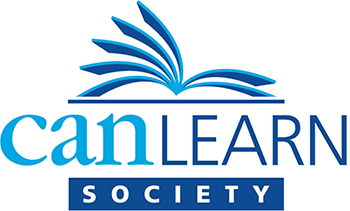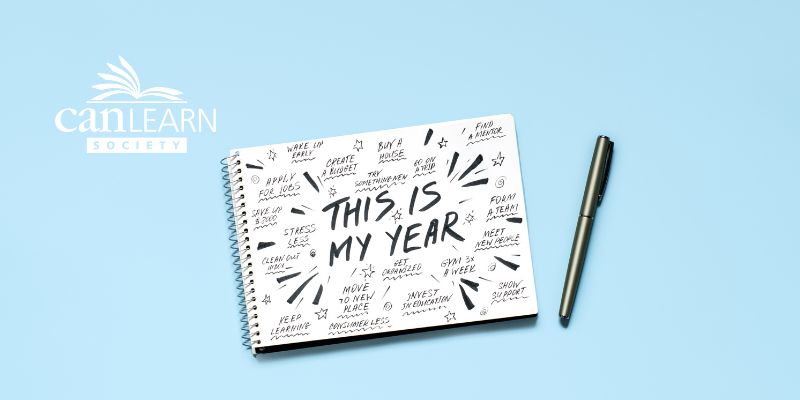Setting Goals for ADHD Brains
Setting realistic goals while managing challenges like ADHD requires an approach that considers your unique needs. You need a balance between what is practical and ambitious that will contribute to both attaining your goals and mental well-being. Here are some tips to help you set and achieve goals effectively:
- Understand Your ADHD: Recognize how ADHD impacts your daily life and mental well-being. ADHD affects everyone differently, so remember that your strengths and challenges and how it affects you is different from others. Acknowledge any specific triggers, tendencies, or patterns that might affect your goal setting and completion. For example, how important is exercise (to get the dopamine up), using a body double (to help you focus on the task), or writing down a task in smaller chunks (to help with getting started and staying on task)? What do you need to do differently?
- Keep Goals Clear and Manageable: Break down larger goals into smaller, manageable tasks. Try setting specific, bite-sized points that are easier to focus on and accomplish. This can help stop the feeling of being overwhelmed or scattered. Or you can try turning this around and write down each task that you complete to create your Ta-Da list. Long lists don’t often work for ADHD brains and can also lead to feeling overwhelmed. Try to keep your expectations realistic, and don’t compare yourself to others.
- Prioritize and Organize: Yes, using a system that works for you helps and can positively impact your self-esteem! Many ADHD brains find strategies like to-do or ta-da lists, planners, or digital apps can help to organize tasks and priorities. Structure is often a bugbear with ADHD brains, but know that building routines and creating daily or weekly plans can help manage ADHD symptoms and help you achieve your goals. Try changing things up and build a flow chart of tasks, or let your creativity help you determine what will work well for you.
- Time Management Techniques: It’s common knowledge that ADHD can make time management challenging. Techniques like the Pomodoro Technique (working in short bursts with breaks) can work well. Try gamifying it by setting a timer for 15 minutes and see how much you can accomplish. Or set an alarm or reminders to help you to stay on track with tasks. Try listening to music, a podcast, or an audiobook to keep your brain from slipping into “I’m bored.”
- Be Realistic and Flexible: Set goals that challenge you but are also realistic. Understand that flexibility is key. Some days might be more challenging than others, and it’s okay to adjust your goals or expectations accordingly. If you got one thing done, celebrate that. We’re human, and some days just aren’t as productive as others.
- Utilize Support Systems: Seek support from friends, family, counselling, or an ADHD coach. Having someone to check in with or provide encouragement can be invaluable in staying motivated and accountable. I mentioned using a body double before, so if you have friends or family who can fill that position, take advantage of it. Using an ADHD coach can help you look beyond the challenges and learn to harness the superpower in your ADHD brain.
- Practice Self-Compassion: Be kind to yourself if you face setbacks. ADHD can make consistency difficult at times. Instead of dwelling on perceived failures, focus on progress and what you’ve accomplished. Perfectionism can be a side effect of an ADHD brain, and that often comes from feelings of shame or low self-confidence. Don’t compare yourself to others. Instead, look at your accomplishments and use sticky notes to remind yourself of your strengths and those moments when you were proud of what you accomplished.
- Celebrate Achievements: Acknowledge and celebrate your accomplishments, no matter how small. Positive reinforcement can motivate you to keep moving forward. I often get ADHD brains to do an exercise I learned about in my training as a coach called ‘Magical Moments on the Mountain.’ It’s about looking for those moments and achievements when you could throw your hands in the air and shout, ‘I did it!’ What are your moments on the mountain?
Remember, managing ADHD and setting goals is a journey. It’s crucial to embrace patience and perseverance. It’s about steady progress rather than perfection. Experiment with different strategies and find what works best for you. If you need help, don’t hesitate to seek out counselling, an ADHD Coach or support groups specifically tailored for ADHD management—they can provide valuable insights and strategies.



